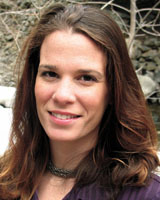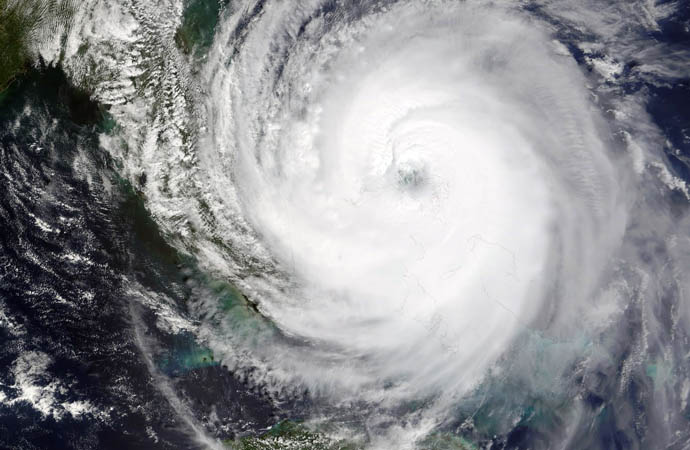Research Highlight |
|
|
CHARACTERIZING, CREATING, AND GOVERNING FLORIDA’S HURRICANE RISKby Jessica Weinkle |
Florida is highly susceptible to hurricane landfall. Insurance is the predominant means used to manage property losses that occur during these events. In recent decades, public outcry about the rising cost of insurance has led policy makers to reexamine the insurance regime in an effort to reconcile the conflict between the public goals of availability and affordability and the economic sustainability of insurers. Ten years ago, the Florida legislature created Citizens Property Insurance Corporation [Citizens] with the goal of increasing the availability of affordable property insurance. However, insurance costs and public resentment continue to rise, a situation termed in Congress as a ‘homeowners insurance crisis.’ Since the early 1990s, perceptions of the Florida hurricane risk have changed for at least four reasons. First, climate change became a prioritized political and scientific matter and part of popular discourse. Second, Hurricane Andrew’s landfall south of Miami, FL in 1992 was the greatest natural disaster loss at the time and heightened insurers’ concern of insolvency. Third, shortly thereafter, catastrophe modeling became broadly accepted in the insurance industry, changing the process of characterizing risk from one based on historical loss to one of anticipating future losses. Fourth, the federal government moved to expand mortgage lending to properties with affordable housing characteristics. The effects of human-caused climate change on hurricane insured losses have been a point of contentious debate in the scientific community. While much evidence concludes that the rising cost of hurricane landfalls is due to societal changes, many insurance experts contend that the potential affects of climate change on losses justify its inclusion as a variable in catastrophe models. Because great economic stakes are tied to the models’ estimates, catastrophe models have become the subject of intense debates that at times conflate science and politics. Nonetheless, ratemaking is inherently a political process that seeks to incorporate social objectives, such as affordable housing, into the pricing of insurance. Affordability (a social value) and insurability (a technological limitation) can conflict in practice and the right rate is some negotiated balance between these two competing ends. The inability to clearly define the probabilities of hurricane risk challenges Citizens’ ability to meet the goal of affordable property insurance because as uncertainty about the risk increases, meeting criteria of insurability means that rates should increase to decrease the probability of insolvency, and as a consequence affordability decreases. This dissertation seeks to inform the ratemaking decision process by gleaning insight from three research projects. First, global hurricane landfall characteristics are analyzed to assess and quantify risks based on the historical record. Second, the dissertation conducts an evaluation of Florida windstorm rate policies in terms of insurability and affordability to document how trade-offs are made in practice in the face of uncertainty, politics and economics. Lastly, a policy appraisal of Citizen’s progress toward meeting its legislatively mandated goals seeks to develop a suite of options for how decision makers might effectively compromise between various publicly-stated goals for Florida’s hurricane policies. Jessica Weinkle |


 This Research Highlight is by Center graduate student Jessica Weinkle. Jessica is a doctoral student at the University of Colorado at Boulder. She holds a master’s degree in Climate and Society from Columbia University and a bachelor’s degree in zoology from the University of Texas at Austin. Her master’s research focused on hurricane risk and, separately, climate change risk perception in South Florida. Jessica’s dissertation work, described in this Research Highlight, examines the scientific, political, and social processes of characterizing Florida hurricane risk and windstorm insurance ratemaking.
This Research Highlight is by Center graduate student Jessica Weinkle. Jessica is a doctoral student at the University of Colorado at Boulder. She holds a master’s degree in Climate and Society from Columbia University and a bachelor’s degree in zoology from the University of Texas at Austin. Her master’s research focused on hurricane risk and, separately, climate change risk perception in South Florida. Jessica’s dissertation work, described in this Research Highlight, examines the scientific, political, and social processes of characterizing Florida hurricane risk and windstorm insurance ratemaking. 